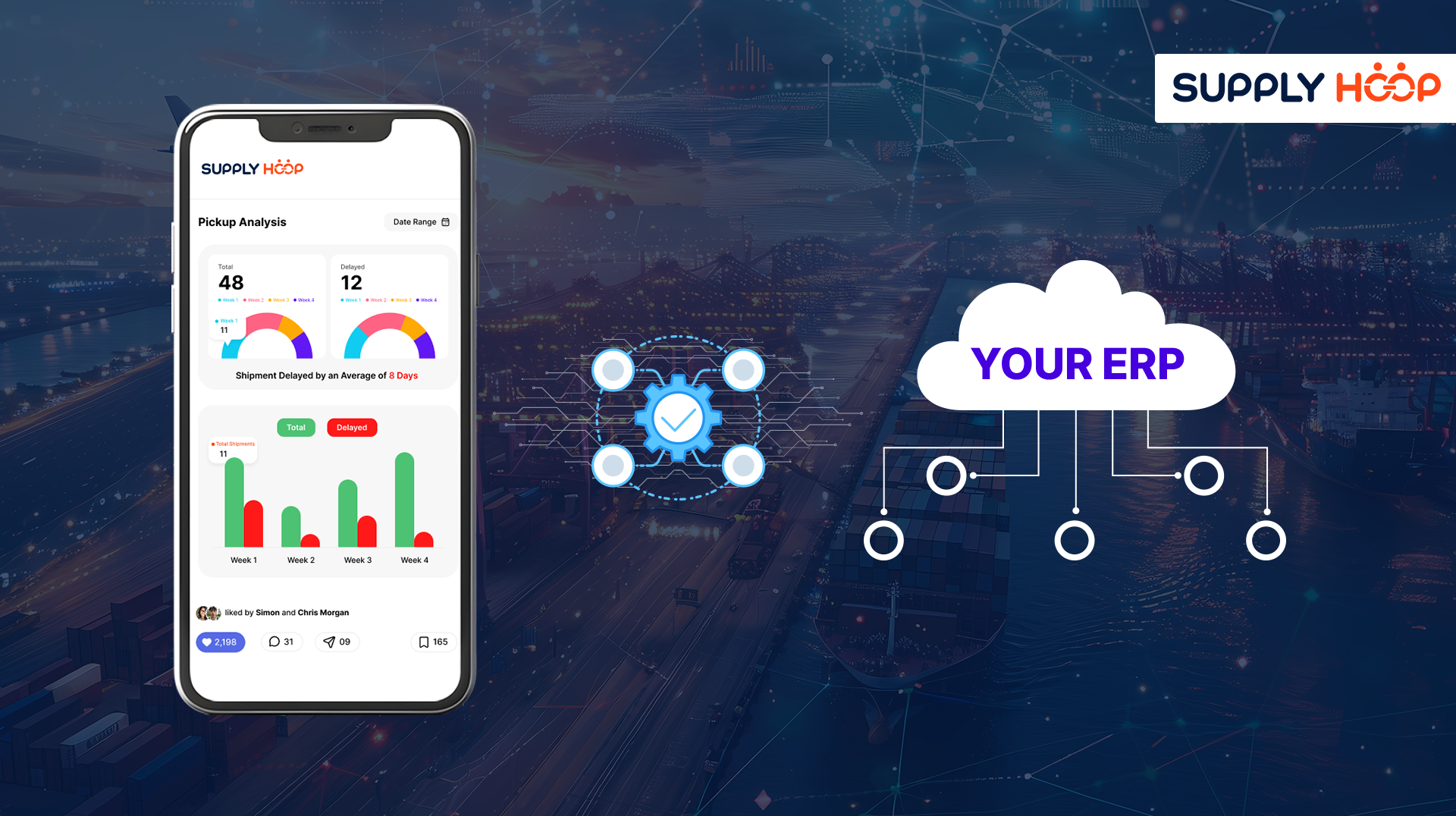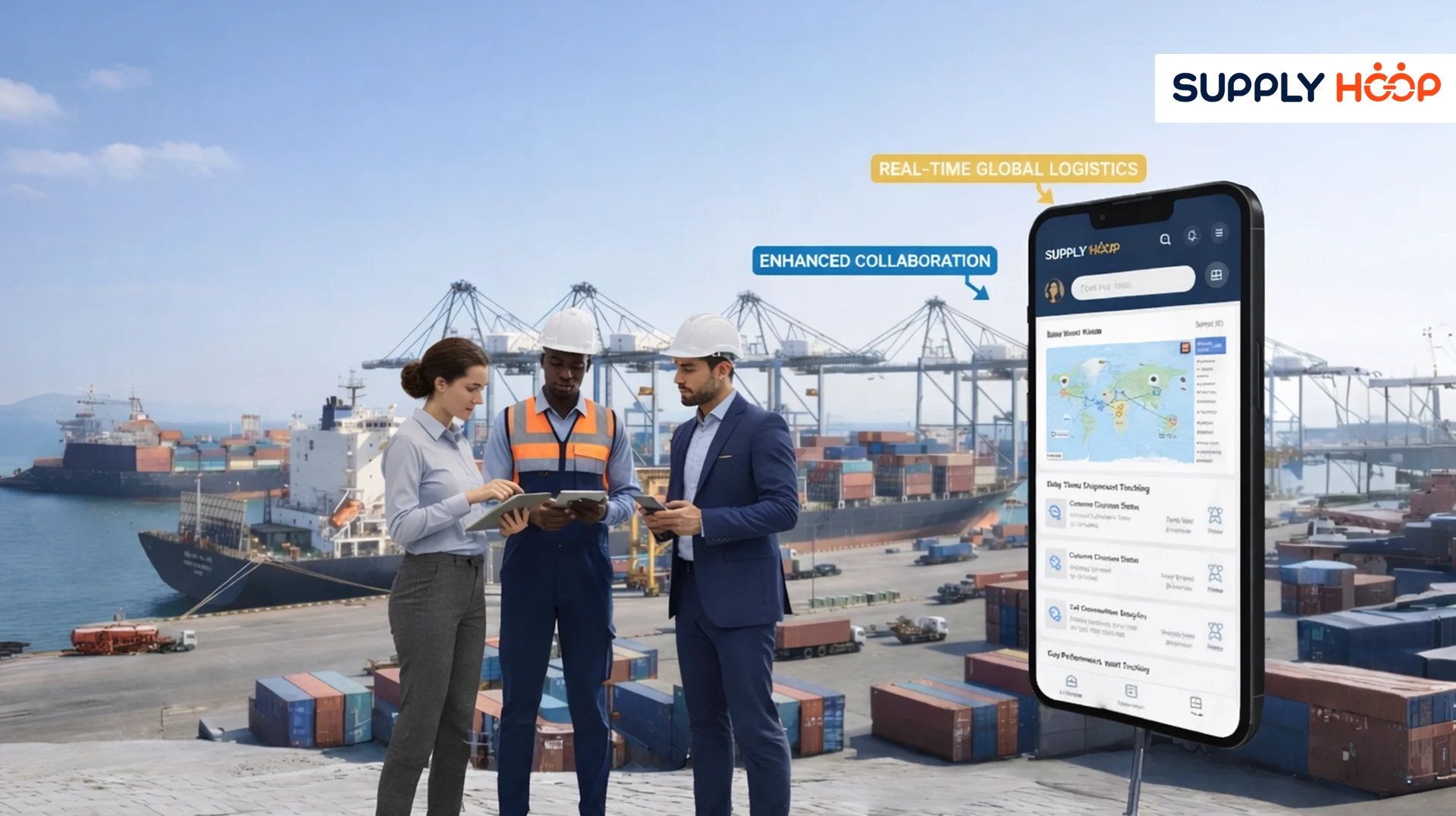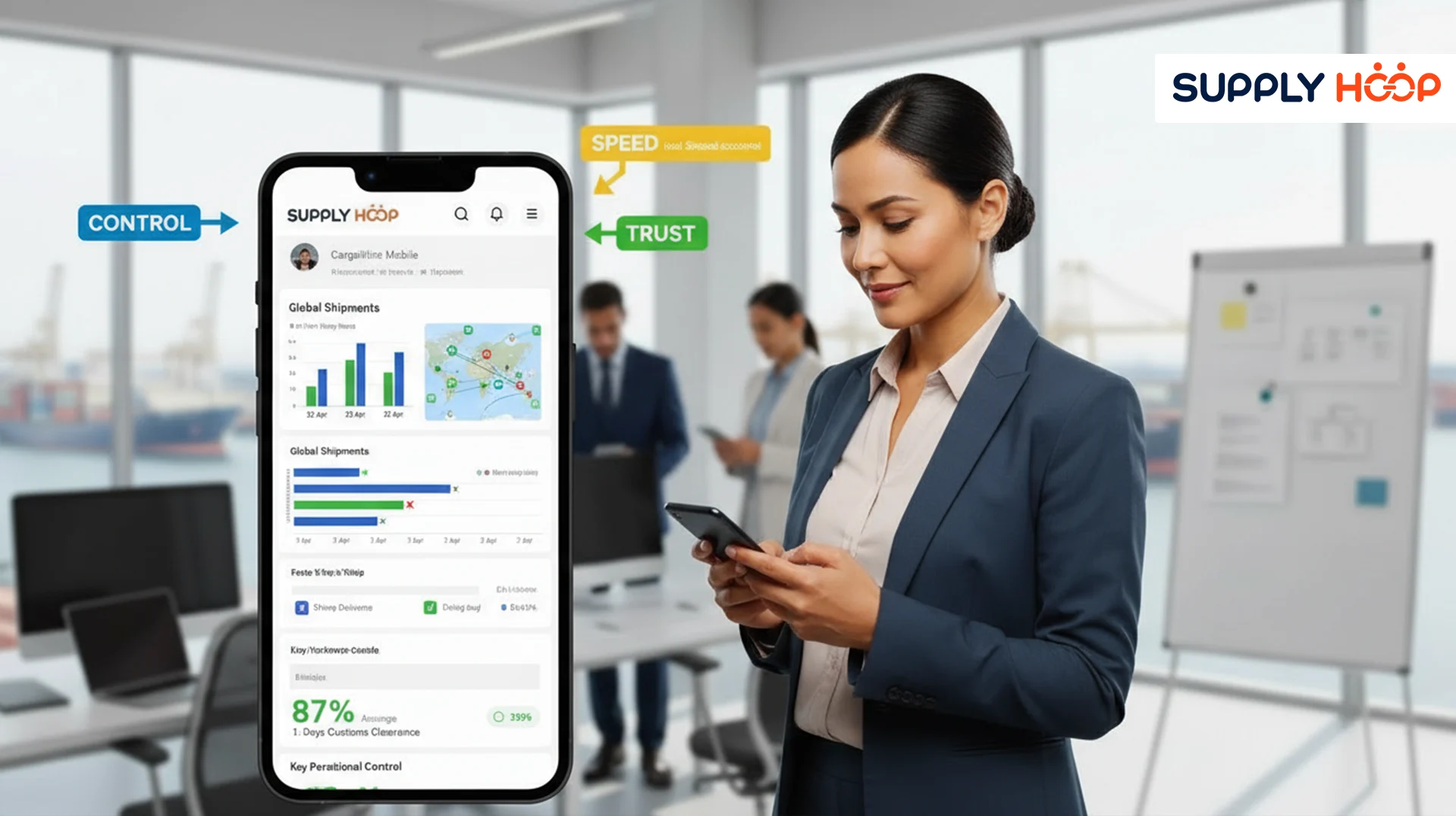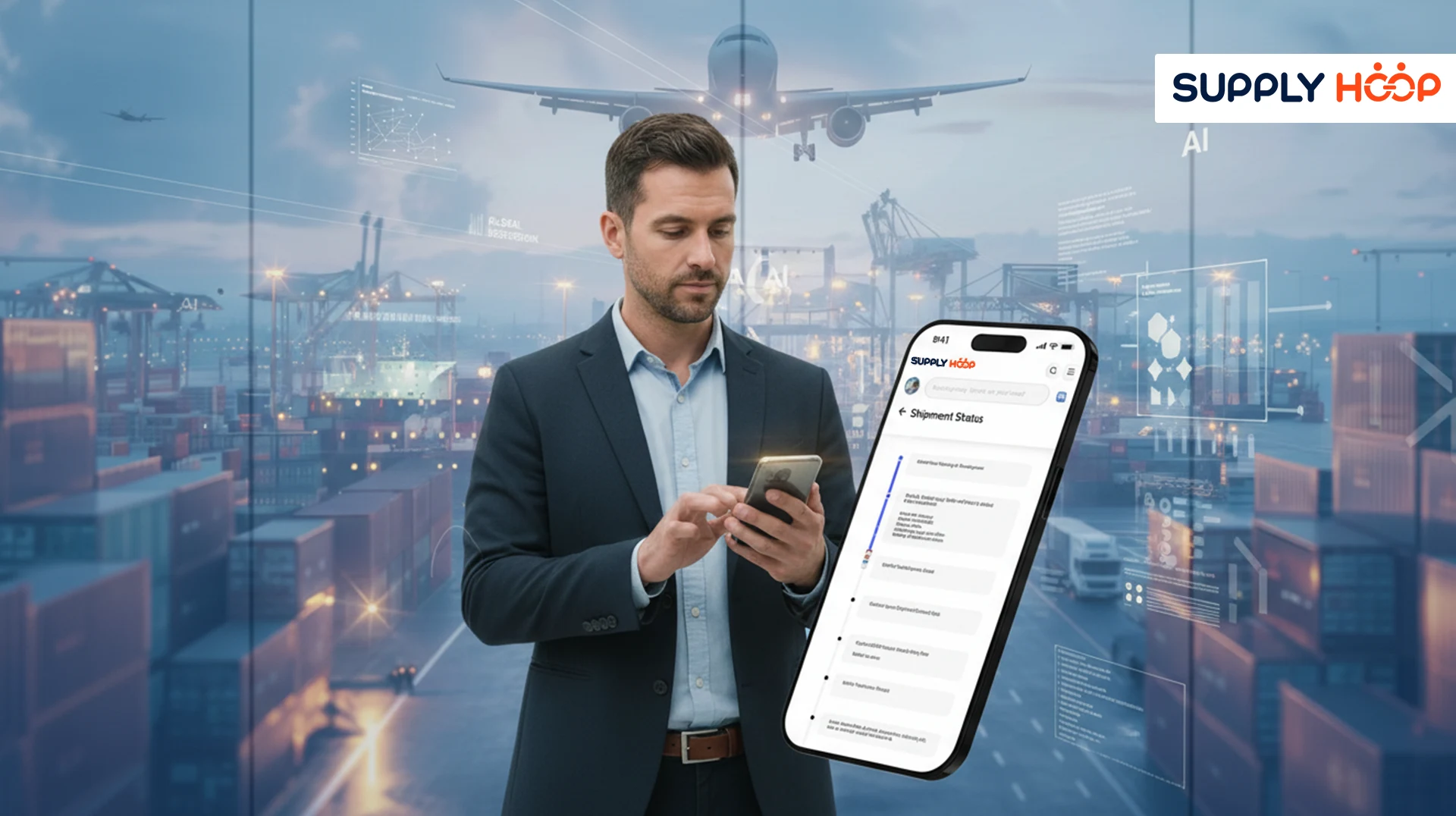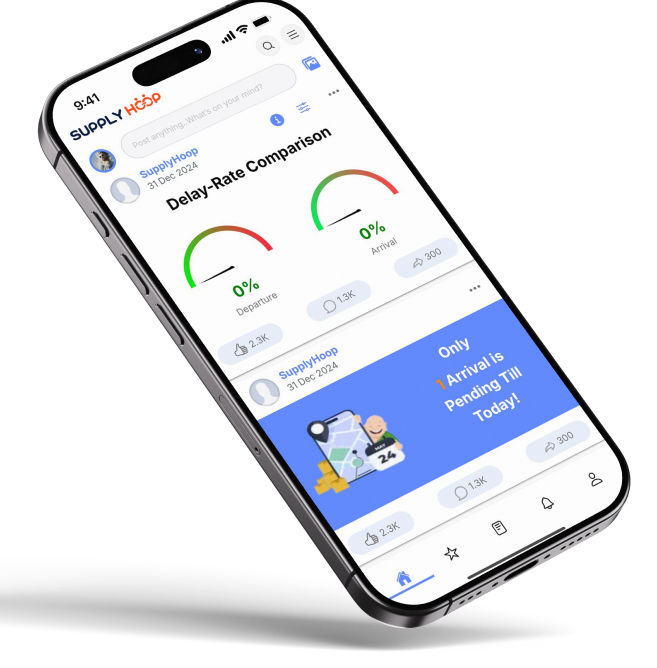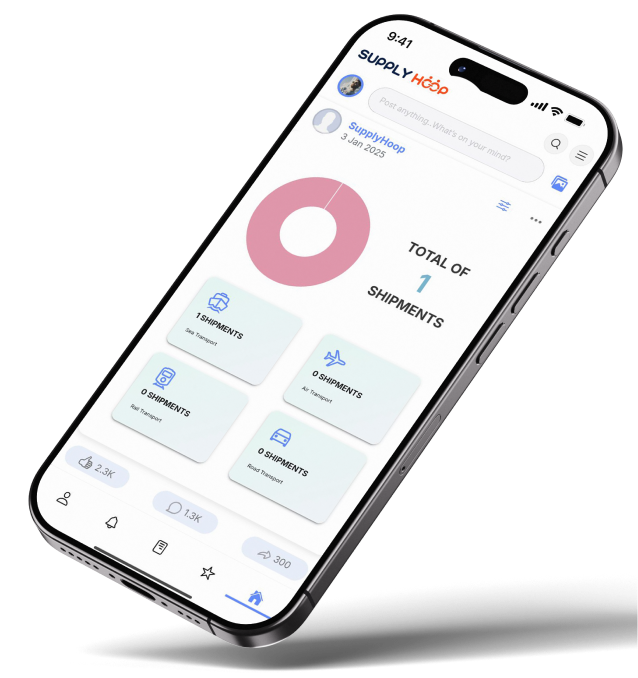Freight forwarders and supply chain providers handle hundreds of shipments, invoices, and customer queries every day. But without a centralized system, information often gets scattered across emails, spreadsheets, and disconnected platforms. This leads to wasted time, duplication of work, and unnecessary human errors.
That’s where ERP integration comes in. By connecting CargoWise and other logistics ERPs directly with mobile tools and AI-powered assistants, businesses gain real-time access to accurate, consistent, and actionable data. Instead of switching between dashboards or searching through emails, teams can simply ask the system and get the answers they need instantly.
Works Smoothly with CargoWise and Other Logistics ERPs
For freight forwarders already using CargoWise, ERP integration is not just an add-on; it’s a game-changer. With integration in place, data flows seamlessly between your ERP and connected applications like Supply Hoop. Shipment details, order updates, and invoicing records are all available in real time.
The benefits of this are immediate:
Single source of truth: No more conflicting information between teams.
Real-time updates: Dispatch, operations, and finance all see the same data instantly.
Fewer logins and searches: Access ERP insights directly through the mobile app.
This means you spend less time navigating systems and more time making decisions.
Saves Time by Cutting Through Information Overload
One of the biggest inefficiencies in logistics is the time wasted searching for updates. An operations manager might spend hours digging through dashboards to check shipment milestones. A finance team might sift through emails to confirm invoice approvals. With ERP integration, those days are over.
Instead of searching, you can simply query the system. Need to know the ETA for a shipment? Just ask. Want to confirm if an invoice is linked to a proof of delivery? The system will fetch it instantly.
This reduction in manual effort translates to:
- Faster turnaround times for customer responses.
- Less dependency on individuals to “know where the data lives.”
- Higher productivity across teams that rely on timely insights.
Improves Accuracy with AI-Powered Responses
Manual data entry and fragmented systems leave plenty of room for error. A single mistyped date, missed update, or overlooked email can create serious problems, from compliance risks to delayed payments. ERP integration minimizes these risks by centralizing and automating the flow of data.
With AI-powered, data-driven responses, teams don’t just get information quickly; they get it accurately. For example, Supply GPT can pull data directly from your ERP, analyze it, and provide clear, reliable answers, reducing the chance of human error and giving your staff confidence in the data they rely on.
Enhances Customer Experience Through Faster Responses
In logistics, customer trust is everything. When clients call asking about shipment status, customs clearance, or invoicing, they expect answers right away. Without ERP integration, these answers are often delayed while teams track down the right information.
With integrated systems, however, you can respond almost instantly. That means:
- Fewer customer complaints about delays in communication.
- Proactive service with real-time updates sent automatically.
- Stronger relationships built on transparency and trust.
When customers know they can rely on you for accurate, immediate updates, they’re more likely to stay with you long term.
Simplifies Exception Management
Shipment delays, customs holds, and unexpected deviations are unavoidable in logistics. What sets successful forwarders apart is how quickly they detect and resolve these exceptions. ERP integration makes this easier by linking live shipment data with real-time alerts.
Imagine receiving a notification the moment a container is flagged at customs or a delivery is delayed. Instead of reacting hours later, you can:
- Inform your customer immediately.
- Adjust schedules proactively.
- Resolve the issue faster.
This ability to manage exceptions in real time reduces stress for teams and reassures customers that you’re always on top of their shipments.
Secure and Reliable Data Protection
When it comes to ERP integration, data security is non-negotiable. Logistics companies handle sensitive customer, financial, and shipment information that must remain secure at all times.
With industry-leading encryption protocols, ERP-integrated solutions ensure your data is safe both in transit and at rest. That means:
- Customer trust is protected.
- Compliance requirements are met.
- Business continuity is maintained, even in high-volume environments.
- Security is built into the foundation, not treated as an afterthought.
Conclusion
ERP integration is no longer optional for freight forwarders who want to stay competitive. By working smoothly with CargoWise and other logistics ERPs, integrated solutions like Supply Hoop give businesses real-time visibility, improved accuracy, faster responses, and secure, streamlined exception management.
Instead of wasting time searching for information or fixing human errors, your teams can focus on what matters most: delivering reliable, efficient, and customer-focused logistics services.
Take the next step toward smarter operations. Explore ERP-integrated supply chain visibility with Supply Hoop.
